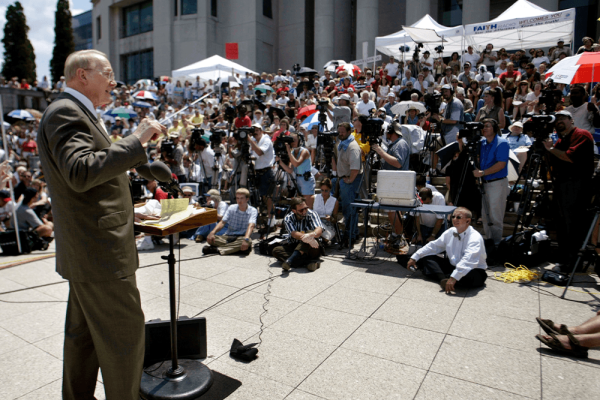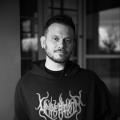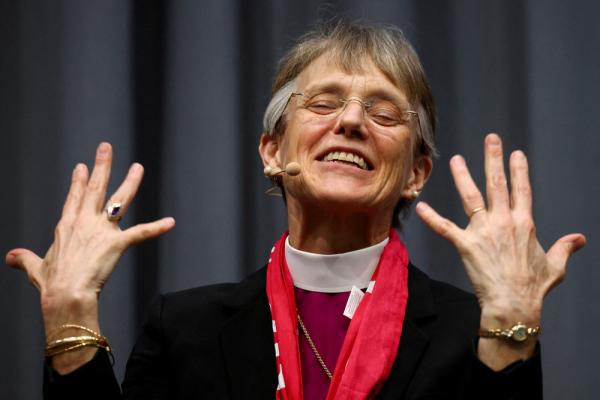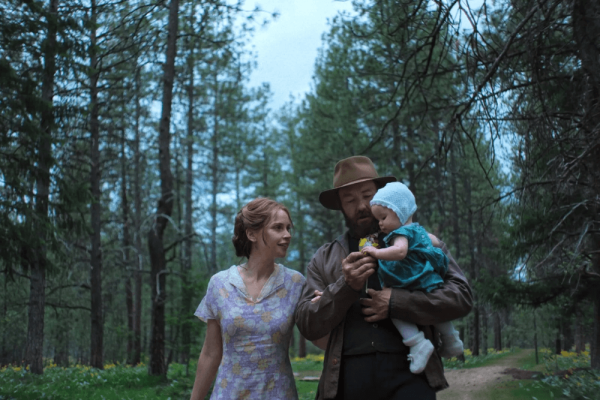As a former strong-willed child, I’ve had the notion of James Dobson’s mortality in the back of my mind for the last half-decade or so.
I was not expecting a few tears to fall at the news of his death at age 89, but they showed up anyway. Even though this guy hadn’t hurt me for decades, it felt like a relief. I know he inflicted damage on millions of others that might never fade, but his death made it feel like Earth had just become a little less cruel.
I’ve seen two different types of online reactions to Dobson’s death, depending on whether the commenter grew up within right-wing religion or not. While the average person notes Dobson’s passing by remembering him as “one of those important right-wing guys,” pretty much every ex-evangelical kid I’ve seen is raring to track down his afterlife whereabouts.
Just to talk, of course. Surely, they wouldn’t dare to discipline him.
The Dobson media empire was one of several overlapping Christian mega-institutions that sought to monetize our childhood and adolescence. Focus on the Family’s omnipresent influence ranged from the relatively (as far as I can recall) normal Adventures in Odyssey to the embarrassing phenomena of Christian parents pretending to boycott Disney to the far more embarrassing sex advice in Breakaway Magazine. I’ve heard my sisters-in-Christ had it even worse, thanks to Brio Magazine.
Dobson also provided an early media platform for Colorado Buffaloes football coach Bill McCartney during the onset of the Promise Keepers movement, the 1990s conservative Christian movement that filled stadiums with fired-up dads—along with earnest, if confused, boys.
All of that stuff ultimately just added even more noise to the pop-culture sideshow of evangelicalism and meant more product for Family Christian Stores to move.
More significant were Dobson’s various bigotries, cloaked in his plain-speaking charm and the doctorate in child development that he earned at the University of Southern California. Equally significant are the pains he administered secondhand to our young bodies via his endless advice on family development in massively successful books, newsletters, and radio broadcasts. He directly compared tens of millions of children to dogs, and that’s even worse than it sounds, because he infamously opened his 1978 book The Strong-Willed Child, which has sold millions of copies, with a brag about having broken his 12-pound dachshund by “threaten[ing] him with destruction” and beating him with a belt into “perfect submission.”
I learned as an adult that in all those Dobson advice manuals I’d seen all over the place, he’d taught parents to not just beat their children into actual silence, but to also force the victim to then perform gratitude for the treatment, refusing to let the child leave the room until that performance was convincing enough.
READ MORE: Sorry, James Dobson. We Can't Spank Our Kids to Heaven
His haunting presence throughout my memories, like a Wormtongue turning my elders against me, thus included the humiliation of having to act as if I’d appreciated being hit while pantsless, which made me suspicious of all kinds of performances in other people. I can’t imagine the full range of pathologies that must have arisen in the minds of other children thanks to that specific treatment, let alone all of Dobson’s other recommendations. Within the ever-growing world of podcasts about ex-evangelical journeys, shows like “Focus On Your Own Family” and “I Hate James Dobson” are not exactly shy about zeroing in on post-Dobson traumas. I mean, just look at those titles.
I can’t imagine the full range of pathologies that must have arisen in the minds of other children thanks to that specific treatment, let alone all of Dobson’s other recommendations.
In Hell Is a World Without You, my coming-of-age novel about growing up evangelical, I had in mind a vaguely organized hierarchy of church-world antagonists, some of whom interacted directly with my characters (my protagonist’s older brother, their pastor, etc.), and some of whom were real media figures, politicians, or theologians, influencing the setting from afar. Dobson increasingly loomed over my writing, both because most of my characters were teenagers and because of his effects on my protagonist’s mother.
While writing and thinking a lot about her perspective as a single parent, one who’d been indoctrinated into trying to fulfill the conservative ideals of both nurturing mother and violent father, I couldn’t blame her for having been one of the adults who’d beaten our protagonist at a younger age. She was following Dobson’s orders. And during her rooftop moment of reconciliation with her youngest son, when she feels ashamed of “being talked into hitting” him, he can’t blame her for it either. He can only blame Dobson.
My protagonist works his way toward a shameless universalism, and I couldn’t think of a more extreme representation of that euphoric theology than him lightheartedly acknowledge Dobson’s humanity, which is really just flawed divinity.
The usual rebuttal to universal salvation is something like, “You don’t think Hitler ends up in hell?” But for my characters, who’d forgiven Satan 200 pages earlier, only Dobson could serve as that ultimate sympathy-for-the-devil benchmark. “Yes, even James Dobson,” I wrote at the end.
The Bible that Dobson weaponized against millions of us tells us in dozens of ways that it is OK to feel good about evil people running out of chances to inflict evil. It also tells us there is no better revenge than refusing to pay hatred forward and that all empires, including Dobson’s Focus on the Family empire, eventually fall.
But perhaps most importantly, and in direct contradiction to Dobson, the Bible encourages us in Joshua 1:9, Philippians 4:13, and elsewhere to be strong-willed.
Watching the reactions to Dobson’s passing by others who grew up in this world, I keep thinking this: He devoted his life to trying to break us, but he created an “us.”
Got something to say about what you're reading? We value your feedback!






